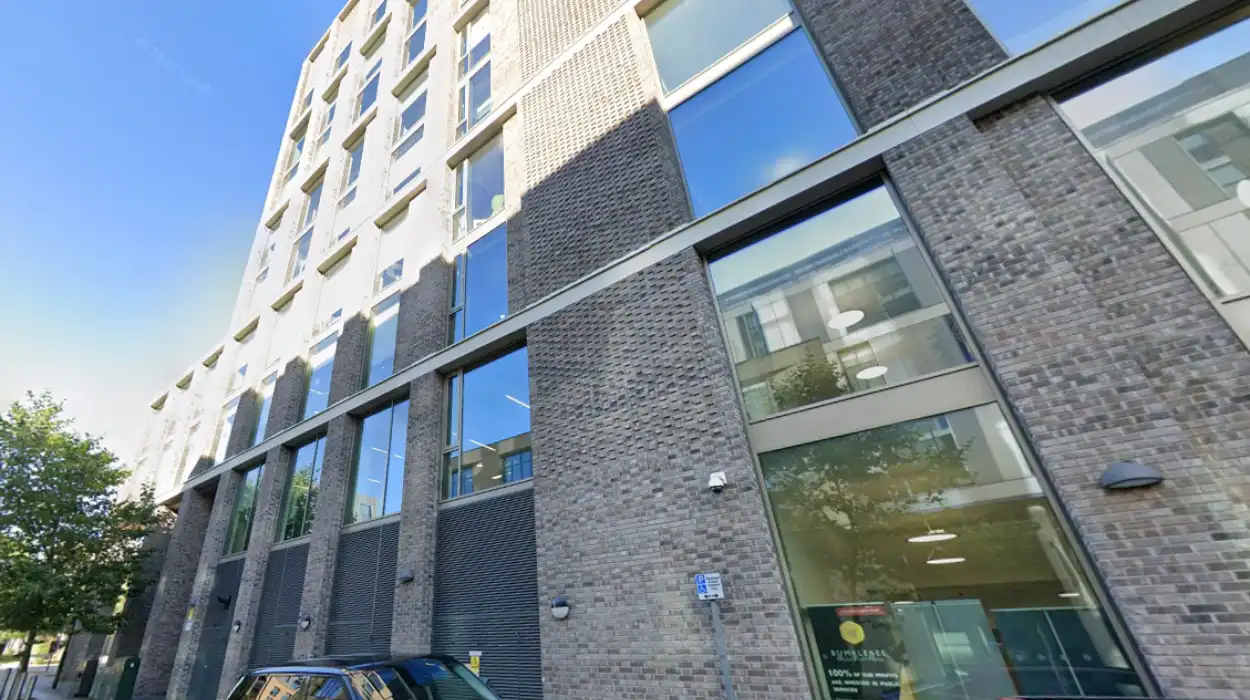Barnet (Parliament Politics Magazine) – Barnet Council urges residents to provide feedback on its new domestic abuse and violence against women strategy aimed at enhancing safety and support services.
The draft strategy was created in collaboration with Barnet survivors and victims, and it aims to provide benefits to men, boys, transgender individuals, and non-binary persons.
The definition of “abusive behaviour” and the quantity of cases recorded to Barnet police over the previous three years are both covered in a Barnet Council survey that ends on August 4.
9,437 cases of domestic abuse were reported to the police between April 2022 and March 2025, according to data cited in the draft policy.
2,434 victims and survivors accessed specialized support programs like the Solace Advocacy and Support Service during that time, and 1,310 were deemed to be at “high risk of harm.”
These numbers, according to the document, “probably include repeat victims and individuals known to have multiple services,” but they do not include “hidden victims.”
Another priority on the list is raising awareness and education about the abuse; to do this, the council stated that it must make combating the violence “everybody’s business.”
In addition to asking if they witness or encounter sexual harassment, abuse, and violence in public places, the questionnaire asks participants how safe they feel in their neighborhood.
Additionally, suggested activities are requested in order to fulfill the council’s strategy and goal.
The findings of the consultation are anticipated to be released in October, and the final strategy is scheduled to be unveiled and published in November.
How can residents’ feedback influence Barnet’s domestic abuse strategy?
Residents can assist the council better tailor preventive efforts by sharing their experiences and opinions on what could be done to stop abuse or intervene early.
The creation of responsive, inclusive, and easily available support services that cater to a range of needs and lower obstacles to getting help is informed by input from victims, survivors, and the larger community.
In order to effectively educate locals about domestic abuse, its warning signs, and accessible resources—and to promote a culture in which abuse is not accepted—community participation informs awareness campaigns and instructional programs.
Policies intended to hold offenders accountable and provide safe conditions at home, at work, in schools, and in the community are shaped in part by the opinions of the local population.


